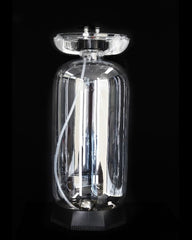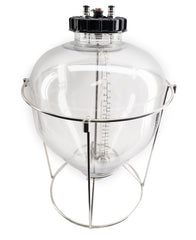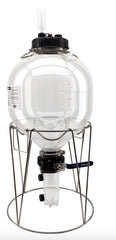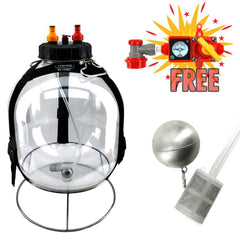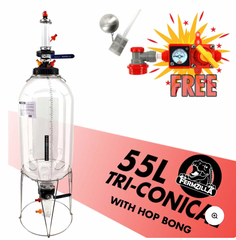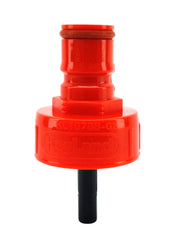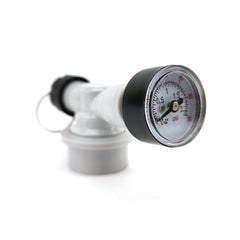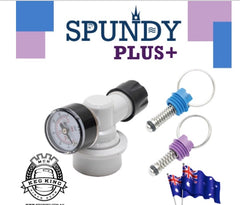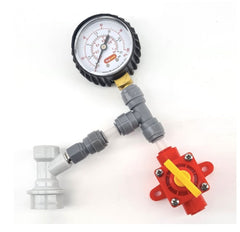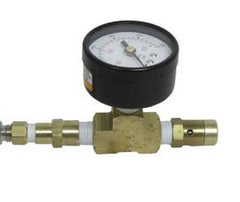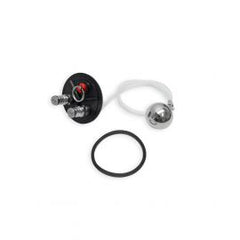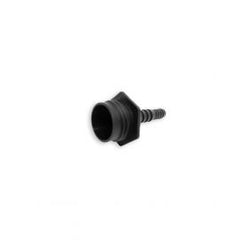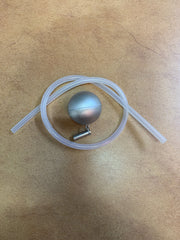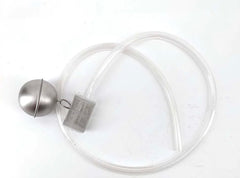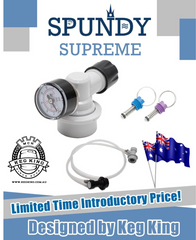Pressure Fermenters and parts
21 productsThe Advantages Of Fermenting Under Pressure
1: Virtually eliminate the risk of oxidation. You can greatly minimise the risk of oxidation. By pressurising the fermenter and using a spunding valve it becomes essentially a sealed system, with little chance of oxygen ingress.
2: Closed, pressure transfers. Related to the above, once the tank is pressurised, then it makes completely closed, oxygen free transfers into the keg possible. Again, this is a brilliant way to ensure you are kegging the highest possible quality product.
3: Faster fermentations. By fermenting under pressure, you are able to ferment at higher temperatures than normal, which in turn allows for a faster fermentation.
4: Reduce Off Flavours. Fermenting under pressure reduces ester production and yeast derived off flavours, allowing for a cleaner fermentation again at higher temperatures than normal.
5: Carbonate in the fermenter. By fermenting and cold crashing under pressure, it is possible to have a beer completely carbonated by the time it is ready for transfer – now who doesn’t want that!
So, that’s great – but are there downsides?
Just because you can ferment under pressure, doesn’t mean you have to. So, there is nothing stopping you from doing a normal fermentation in a pressure capable fermenter. It really does give the best of both worlds.


